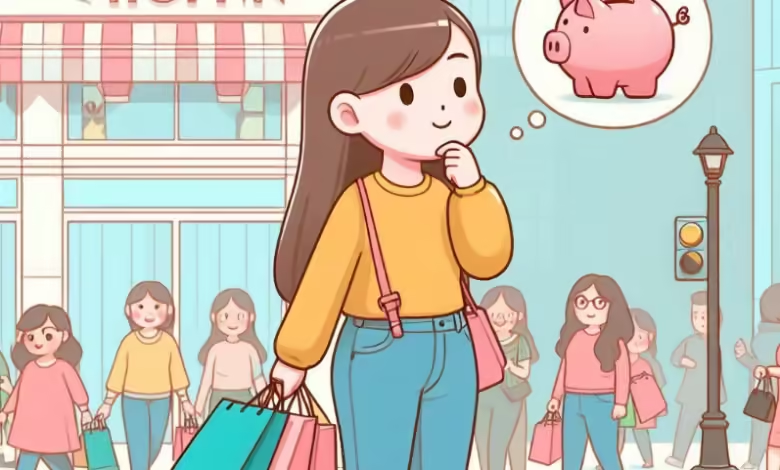Financial
How to control your shopping addiction
Shopping Addiction: How Compulsive Buying Can Drown You in Debt

Shopping can be a fun and rewarding experience, but for some, it can become an unhealthy obsession. Compulsive buying, or shopping addiction, is a behavioral disorder that can lead to significant financial problems. In this article, we’ll explore the link between shopping addiction and debt, and provide tips on how to overcome this issue.
Understanding Shopping Addiction

- What is shopping addiction? A brief overview of the condition and its symptoms.
- The psychology behind compulsive buying: Explore the emotional triggers and psychological factors that contribute to shopping addiction.
The Financial Impact of Compulsive Buying
- Accumulating debt: How compulsive buying can lead to credit card debt and other financial obligations.
- The cycle of debt: Explain how the cycle of debt can worsen for individuals with shopping addiction.
Signs of Shopping Addiction

- Common behaviors: Identify common behaviors associated with shopping addiction, such as buying more than needed, hiding purchases, and feeling guilty after shopping.
- Emotional triggers: Discuss how emotions like stress, boredom, or sadness can trigger compulsive buying.
Breaking the Cycle of Compulsive Buying
- Seek professional help: Encourage readers to seek help from a therapist or counselor.
- Develop healthy coping mechanisms: Provide suggestions for managing stress and emotions without resorting to shopping.
- Create a budget: Explain how creating and sticking to a budget can help control spending.
Building a Support System

- Talk to loved ones: Encourage individuals to share their struggles with family and friends.
- Join a support group: Discuss the benefits of joining a support group for individuals with shopping addiction.
Preventing Relapse
- Identify triggers: Help readers identify their personal triggers and develop strategies to avoid them.
- Celebrate small victories: Encourage positive reinforcement for making progress.
Shopping addiction can have a devastating impact on your finances and overall well-being. If you suspect you may have a problem, it’s important to seek help. By understanding the causes and consequences of compulsive buying, you can take steps to break free from the cycle of debt and build a healthier relationship with money.





